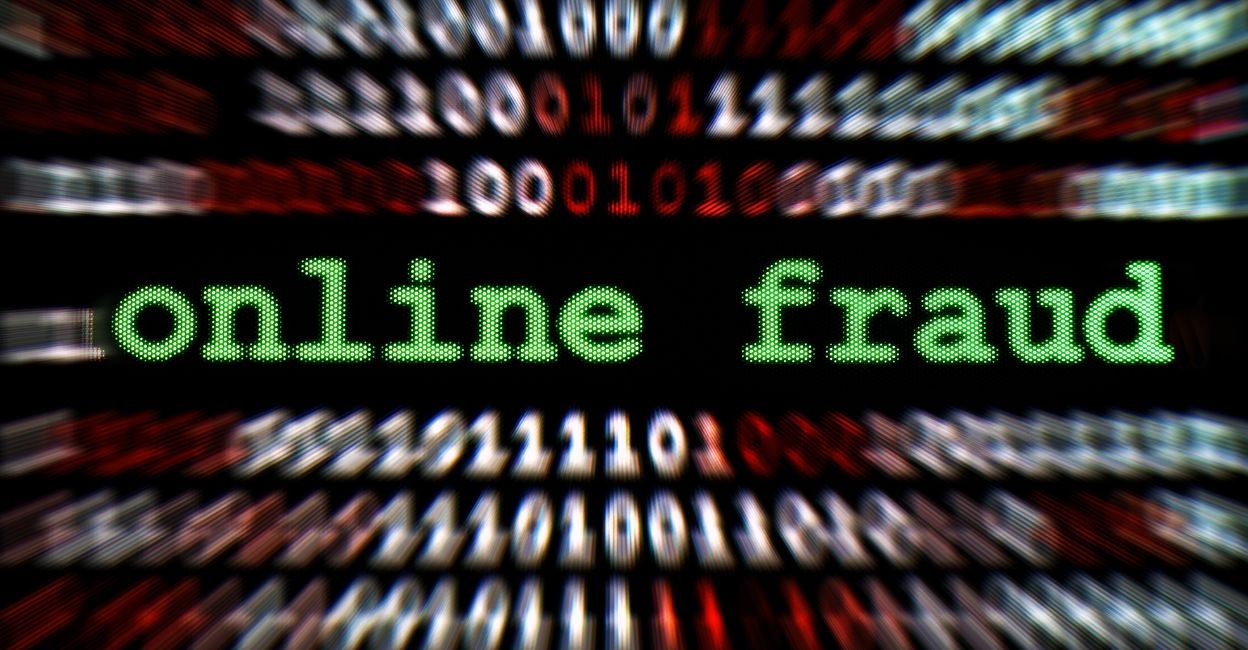Digital arrests: Use common sense, don't fall prey to scammers, say Kerala Police

Mail This Article
Last week, scammers posing as Mumbai Police officers placed Malayalam actor Maala Parvathi in virtual arrest for an hour as they tried to extort money from her. On the same day, the Ahmedabad police cyber crime branch arrested 17 people who had placed several people in virtual arrests to steal money.
However, the actor known for her character roles in RDX, Abraham Ozler, Vishesham, and Ajayante Randam Moshanam, among others, was not the only high-profile personality from Kerala who was duped by fraudsters recently.
Former Metropolitan of the Niranam Diocese of the Malankara Jacobite Syriac Orthodox Church, Dr Geevarghese Mor Coorilos, fell prey to a similar gang last month. The top priest lost Rs 15 lakh in cyber fraud and was 'arrested' for 48 hours.
The scamsters who contacted Mor Coorilos accused him of being involved in a money laundering case related to the jailed Jet Airways founder Naresh Goyal. The person pretended to be a Supreme Court judge and made the priest believe his accounts were frozen. To unfreeze them, he forwarded Rs 15 lakh to three accounts. The money, he later revealed, included his post-retirement benefits.
Actor Maala Parvathi was lucky because she did not lose any money. "They showed me fake ID cards, pretending to be officers from Mumbai Police. They accused me of smuggling drugs to Taiwan and placed me under virtual arrest for questioning. However, I realised it was a fraud before any money exchange happened," she told media.
But not all are so lucky. Fraudsters duped an employee of an institute under the Department of Atomic Energy of Rs 71 lakh by arresting him digitally in Indore, in Madhya Pradesh, early this month. The scammers posed as TRAI (Telecom Regulatory Authority of India) officers and accused the victim of sending illegal advertisements and text messages. The victim was threatened with an arrest warrant for money laundering and human trafficking. A fake CBI officer conducted a video call interrogation, further instilling fear in the victim, who, believing the threats, deposited Rs 71.33 lakh into accounts provided by the scammers.
What is digital arrest?
Digital or virtual arrest is a type of cyber fraud in which scammers make audio or video calls, pose as law enforcement officers, and confine victims to their homes, offices, or hotel rooms to defraud them.
They falsely accuse individuals of committing crimes or violating laws and threaten them with arrest unless they pay money. These threats are often accompanied by fabricated legal documents or impersonations of law enforcement officials.
The cybercriminals then confine the victims to their premises and ask them not to contact anyone. They may even ask the victims to keep their mobile phone cameras on as part of a 'digital arrest' and then seek money through online transfer to bail the victim out of this situation.

'Don't let scammers take you for a ride'
Bijumon ES, Vigilance SP, a cybercrime investigator and cyber forensic expert, said fraudsters exploit people's greed when they offer income-multiplying schemes. "But in the case of digital arrests, they are challenging our common sense or lack thereof," he said.
"There is no law in India that states you can arrest someone over the phone, text messages, or video calls. Even if someone calls you with that threat, why don't they ask them to come physically and place the handcuff?"
People fall for scams because fraudsters convincingly disclose all the victim's personal details like Aadhaar number, PAN details and credit card number. "We live in a world where even kids use mobile Apps to order from online merchants and food delivery aggregators. Just parroting some numbers doesn't reveal all your data," he said.
As he sees it, the real reason is that people are unaware that scammers can attack you. "Just pick up a paper or read online. You can see any number of news items on online frauds. But people ignore them, thinking this may not happen to me as I am not as rich as celebrities in the news. But that's a false sense of security."
The telecom regulator TRAI, apex bank RBI, commercial banks and individual telecom operators keep sending alerts about online fraud. But they have so far been ineffective in getting people's attention. "Kerala Police have published several social media posts and short videos regarding virtual arrests. But very few see them. We have 1.9 million followers on our Facebook page. Our advisory posts get fewer responses than my personal posts or display pictures. That is an alarming lack of interest. Unless we bridge that awareness gap, we will hear more such virtual attacks," he said.
Identify the red flags
One way to safeguard ourselves is to identify the red flags while scammers try to entrap you.
Calls: As suggested earlier, no regulators or prosecuting authority in India will make voice or video calls to arrest someone. There is no law allowing overarching prosecuting powers.
Involvement of multiple agencies: In most cases, fraudsters will tell the victim several agencies are involved in their case and switch the call between different 'officers'. That is a sure-shot sign of defrauding.
Bank accounts: Even though they pretend to be part of the investigative authority, they will ask the victims to pay into personal accounts. No official agency operates through personal bank accounts.
What's the way forward?
Bijumon said bringing children on board is one way to address the lack of awareness. "If school children are taught about the dangers of online scamming and its negative impacts, maybe we can get the parents to listen to our advice."
With the advancements in AI capabilities, deepfake technology can effectively impersonate anyone. If telecom providers install systems to weed out such fakes, subscribers may receive fewer calls.
That might be a long shot. Meanwhile, we can keep our senses intact and avoid falling for dirty online tactics.


